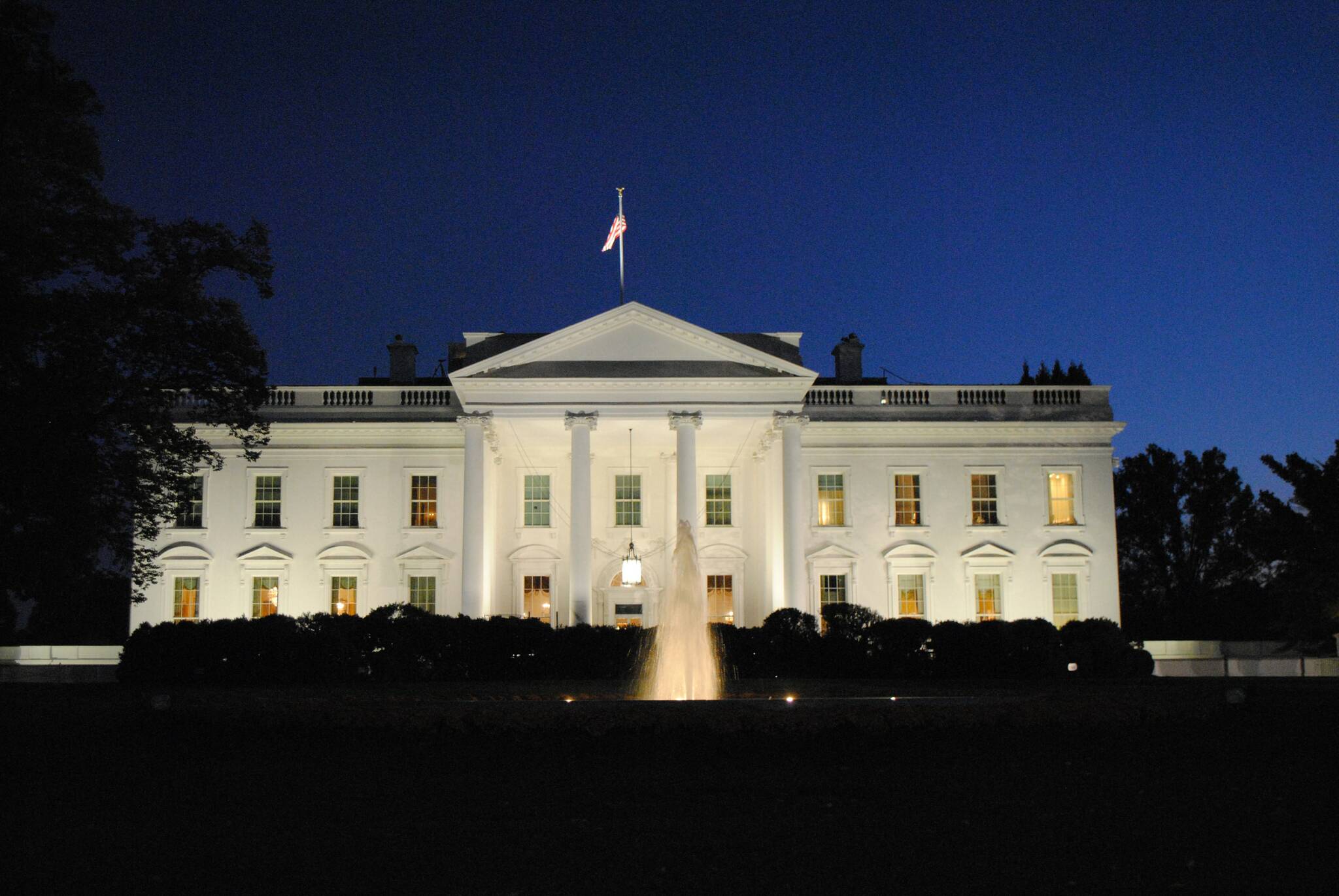By Rich Moniak
President Joe Biden seems intent on blaming a few contrarian Senate Democrats for the failure to get his “transformative” agenda through Congress. But given the fact that he’s governing with the slimmest of congressional majorities, he should have known the totally partisan Build Back Better and voting rights bills passed by the House were doomed from the start.
During his first year in office three years ago, Gov. Mike Dunleavy made the same kind of mistake.
The first clue for both men should have been the makeup of their respective legislative branches.
For Biden, Democrats maintained their House majority after the 2020 election, but gains by Republicans left them with only a nine-seat advantage. And they won control of the 50-50 Senate only by virtue of having Vice President Kamala Harris as the tie-breaking vote.
In Alaska, Dunleavy began with Republicans holding a commanding 13-7 majority in the Senate. After picking up two seats in the House, they appeared to have a 23-17 majority. But that was upended when eight of them joined a 25-member majority caucus that included 15 Democrats and two independents.
Alongside ignoring the legislative balance of power, Biden and Dunleavy let their relatively comfortable electoral victories grow into an exaggerated sense of political self-confidence. By comfortable, I mean their margin of victories were significantly greater than the most recent election for the offices they hold. But both won with barely more than half of the vote.
That’s a far cry short of the 59%t that awarded President Ronald Reagan a second term in 1984 and elected Sean Parnell to serve a full term as Alaska’s governor in 2010. Still, Reagan had to contend with a Democratic majority in the House. And Parnell was dealt an even split in Alaska’s Senate.
But despite the tenuous positions legislatively and much weaker popular support, Biden and Dunleavy barreled ahead with agendas that that left no room for disagreement within their own party. And they both seemed surprised when it backfired.
Dunleavy entered office committed to ensuring Alaskan received a PFD in accordance with 1982 statutory formula. And promised us all back-pay checks for the three prior years in which it wasn’t used. Hubris is the only explanation for why he expected the legislature to go along with either idea. Because a year earlier, they’d approved a different formula in order to use some of the funds to pay for state government.
Dunleavy also promised a balanced budget without deep cuts to state services. Instead, he swung a heavy veto ax at the budgets for the University of Alaska, the Marine Highway System, public schools, and more. Those cuts weren’t popular with the public or the legislature. They were only sustained because the opposition couldn’t muster the three-quarters majority required to override the vetoes.
That battle seemed to have taught Dunleavy some kind of lesson. Or maybe it was the 49,000 Alaskans who signed a petition to recall him after only nine months in office. Because he avoided proposing deep budget cuts the following year. But he wouldn’t let go of his legislatively unpopular vision for the PFD.
It’s a bit of the flip side for Biden. He ran as a moderate who would bring Democrats and Republicans together in the spirit of compromise. That’s how he got the $1.1 trillion infrastructure bill through Congress. But he never attempted to earn Republican support for either of the other bills.
“The President — whoever he is — has to decide” President Harry Truman famously said in his farewell address. “He can’t pass the buck to anybody. No one else can do the deciding for him.”
That includes correctly reading public and legislative support. By overestimating both, Biden and Dunleavy have no one to blame but themselves for the embarrassing defeat of their bold agendas.
The difference is Biden has ample time to make a course correction and govern like the bipartisan centrist he presented to voters before the election.
With Alaska’s general election just ten months away, it’s too late for Dunleavy. His reputation will rest on a stubborn refusal to accept his agenda wasn’t popular with many Alaskans outside his base. And a lot of them aren’t happy that he couldn’t keep his PFD campaign promises.
• Rich Moniak is a Juneau resident and retired civil engineer with more than 25 years of experience working in the public sector. Columns, My Turns and Letters to the Editor represent the view of the author, not the view of the Juneau Empire. Have something to say? Here’s how to submit a My Turn or letter.

